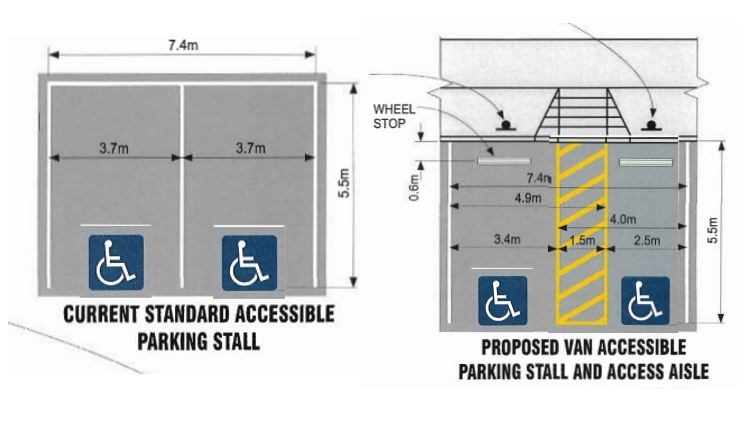This week at city council, topics such as soil dumping fees for Garden City Lands, updates to accessible parking regulations and Richmond’s bike share program are on the agenda.
Richmond's city council meeting is scheduled for 7 p.m. on Monday, July 23 in council chambers at 6911 No. 3 Rd. The public is welcome to attend or watch an online broadcast of the meeting. Here’s a deeper look some of the agenda items:
Garden City Lands
With the adoption of a new bylaw allowing the city to charge fees for soil dumping on the Garden City Lands, the City of Richmond could earn over one million dollars, according to a staff report.
The soil and fill is needed to prepare a 20-acre research and education farm leased to Kwantlen Polytechnic University. One of the concerns of farming on the land has been the amount of peat, which is not ideal for crops. As such, the dumps have been approved by the Agricultural Land Commission. The imported material will also be mixed with a small amount of imported peat, compost and manure and placed on top of the existing peat.
On May 14, council permitted the city to enter into soil deposit agreements with private contractors and now, the appropriate bylaws are required to make these transactions feasible.
If the bylaws are adopted, the city will be able to accept soil and charge soil deposit fees, which have been set based on 2018 market rates.
According to the city, “while the Lands is designated a citywide park, because it is located in a high-density neighbourhood, it is envisioned to serve primarily as an agriculturally productive space within the local community.”
The source of much public consultation, the Lands nearly became condominiums and a trade centre just under a decade ago, but public protests kept it in the Agricultural Land Reserve after the city purchased it from the Musqueam First Nation and Canada Land Company for $60 million.
Accessible parking
Changes may be coming to increase the size of accessible parking spots in Richmond, making them more accommodating for side-loading vans.
In Richmond, accessible parking spots are currently required to be 5.5 metres long and 3.7 metres wide.
According to a city staff report, “both staff and the Richmond Centre for Disability (RCD) have recently identified that the use of side-loading vans is becoming more prevalent for individuals using wheelchairs; however, the current accessible parking space dimensions do not provide sufficient width to accommodate a typical side-loading ramp and adequate space for the manoeuvring of a wheelchair.”
As such, city staff are proposing introducing “van accessible stalls.” The van accessible stalls would be 3.4 metres wide, but would have an additional 1.5 metres for a “loading aisle,” which could be shared with an adjacent stall. Regular accessible stalls would be 2.5 metres wide, plus the 1.5 metre shared loading aisle.
As a result, two stalls side by side (one van accessible and one not) would be the same width as two of the current sized stalls at 7.4 metres.

Bike sharing
After discussing a possible bikeshare program for Richmond, city staff are now hoping council approves a trial contract for U-bicycle.
After considering docked systems – like Mobi, which is the service Vancouver uses – or dock-less systems where bikes are accessed via a phone app and have digital locks so they can be parked anywhere, Richmond city staff would like to run an 18-month trial with U-bicycle.
The B.C.-based company enables riders to rent bicycles 24 hours a day through a self-serve process. According to a city staff report, each self-locking bicycle has a helmet that locks to the frame of the bike and helmet liners would be available via a kiosk at stations.
Without specific docking stations, the bikes’ “virtual parking zones” would be within a 50 metre radius from community centres, Canada Line stations, bus stops and commercial centres.
According to U-bicycle, rentals would include three payment options. A pay-as-you-go rental where users pick-up and return a smart bike at any virtual dock station at the cost of $1.00 per 30 minutes. A membership rental where members can have unlimited trips by enrolling in an annual pass program at $150 per year. Or a tourist rental for $14 for a 24-hour rental where bikes can be parked temporarily outside of the bike rental boundaries.
If council approves the staff’s recommendations, U-bicycle could launch eight weeks after its contract with the city is finalized.
With files from Graeme Wood



